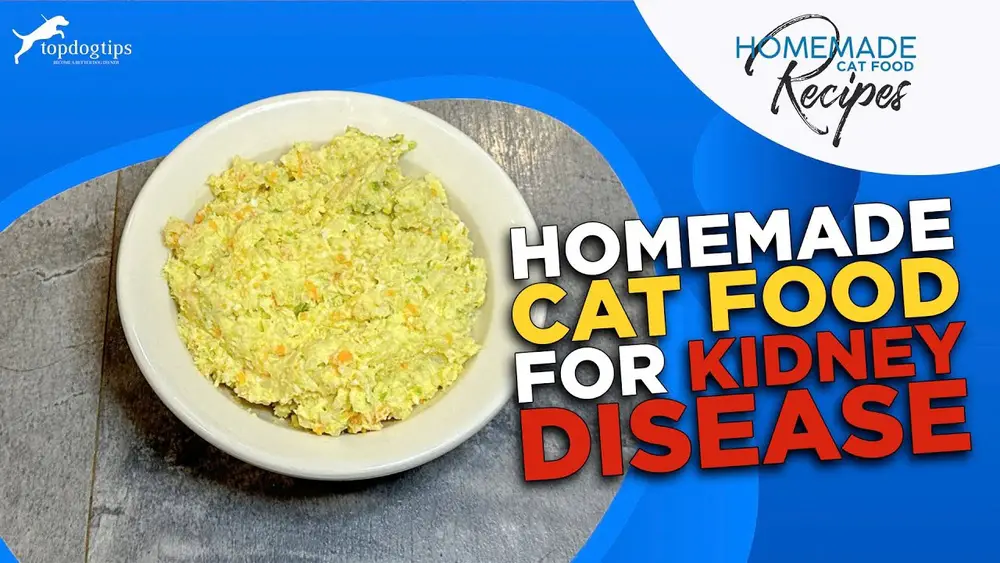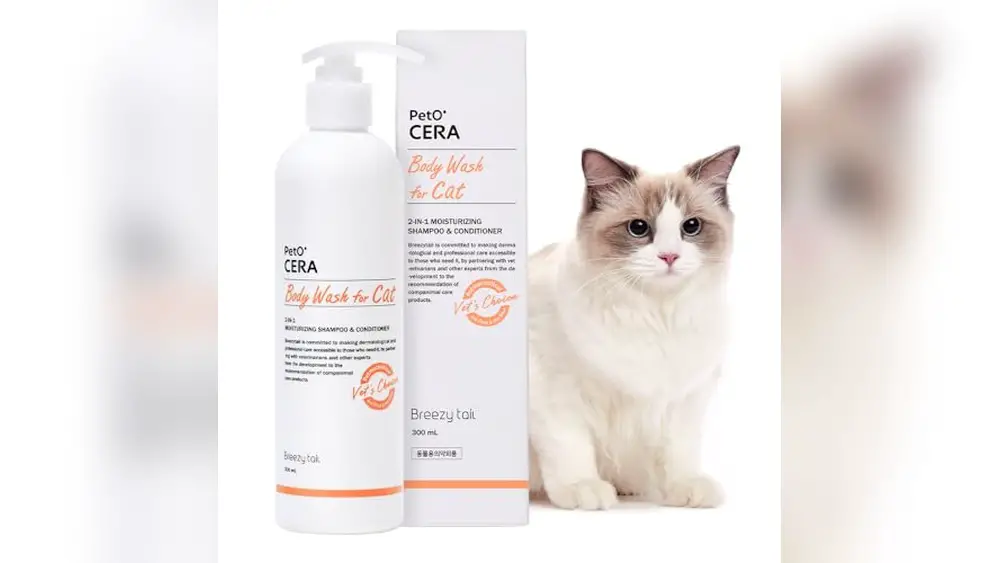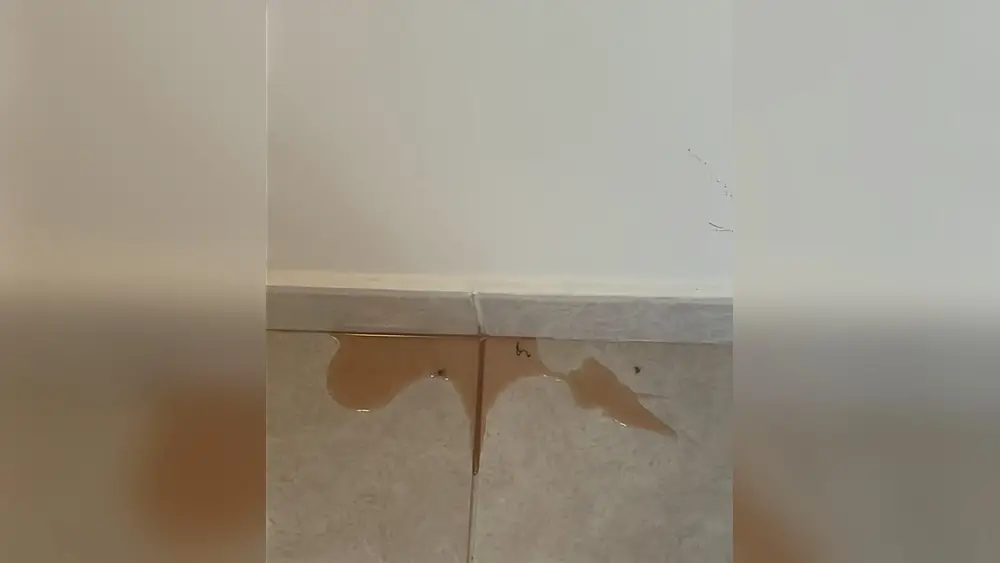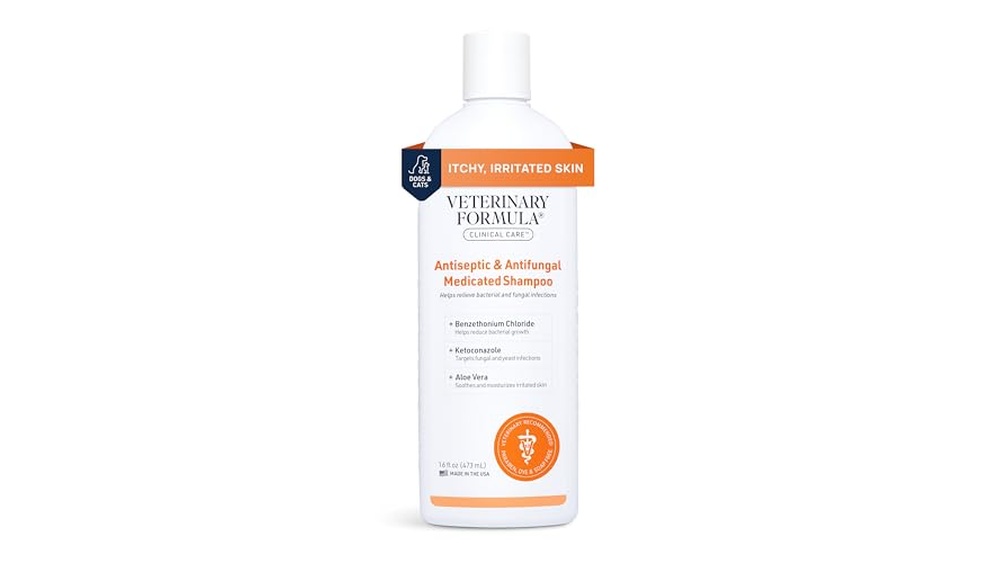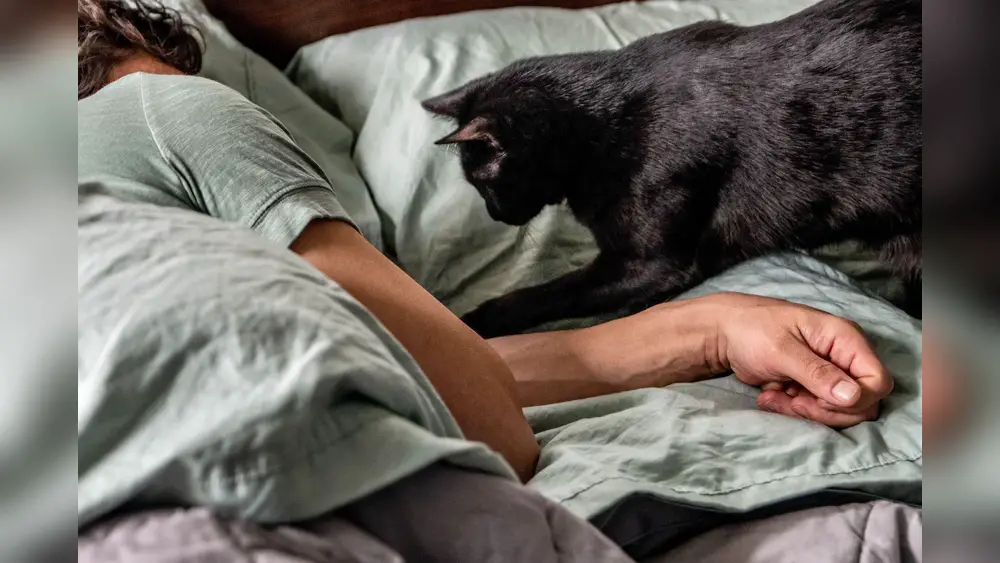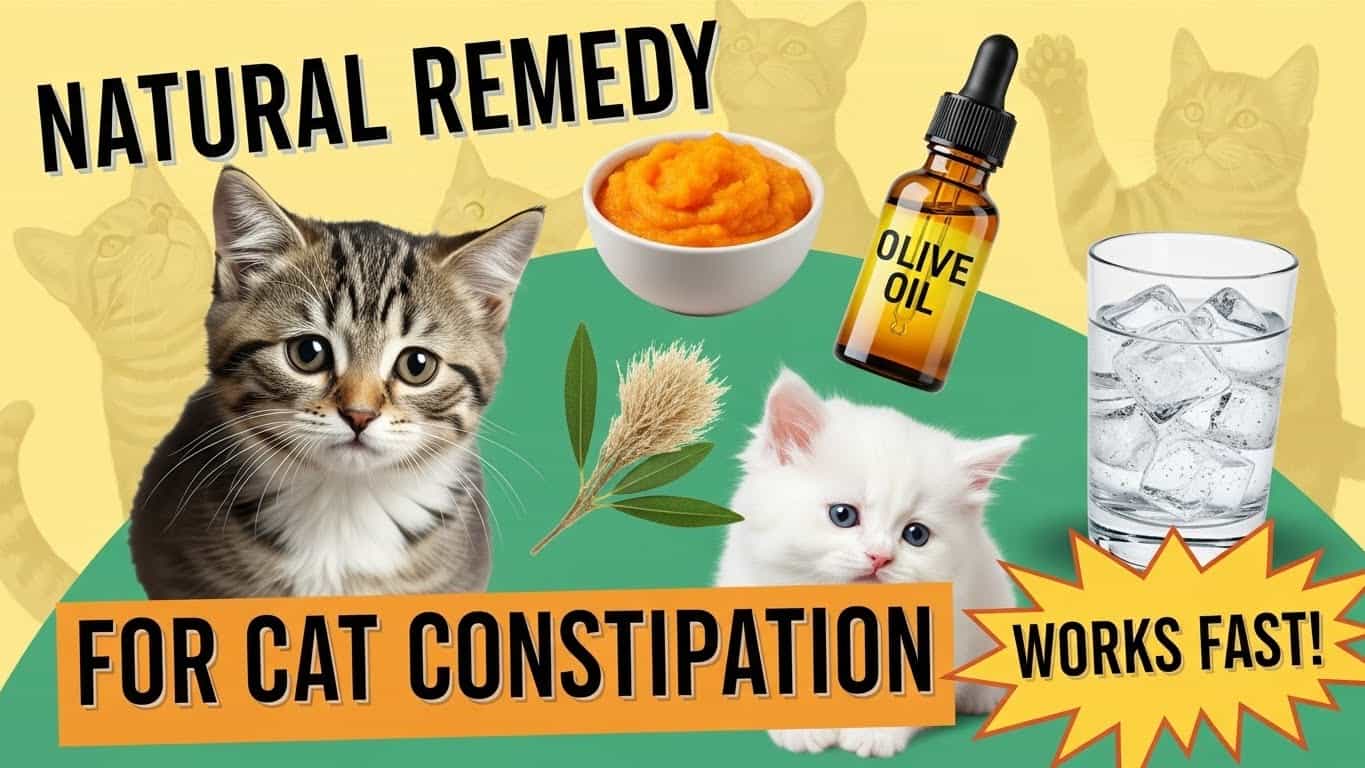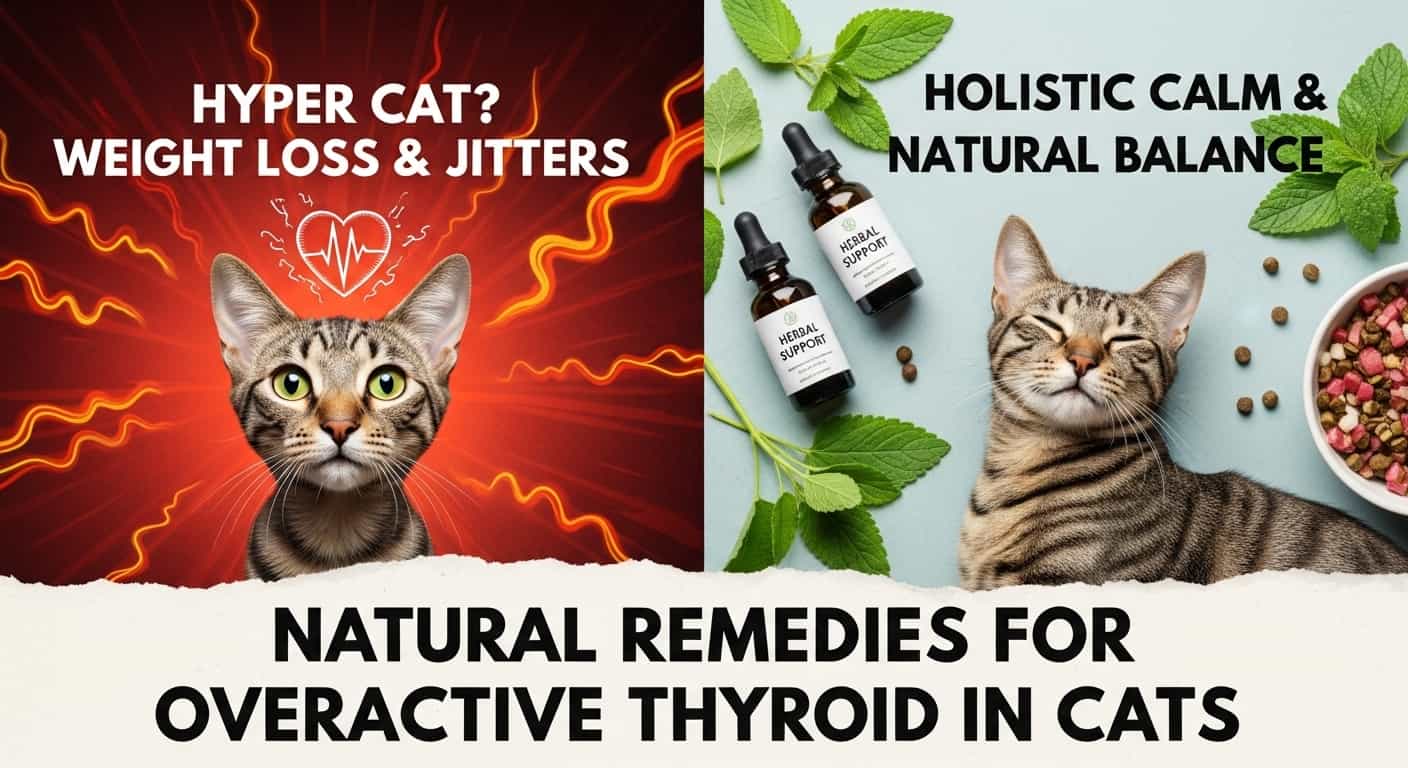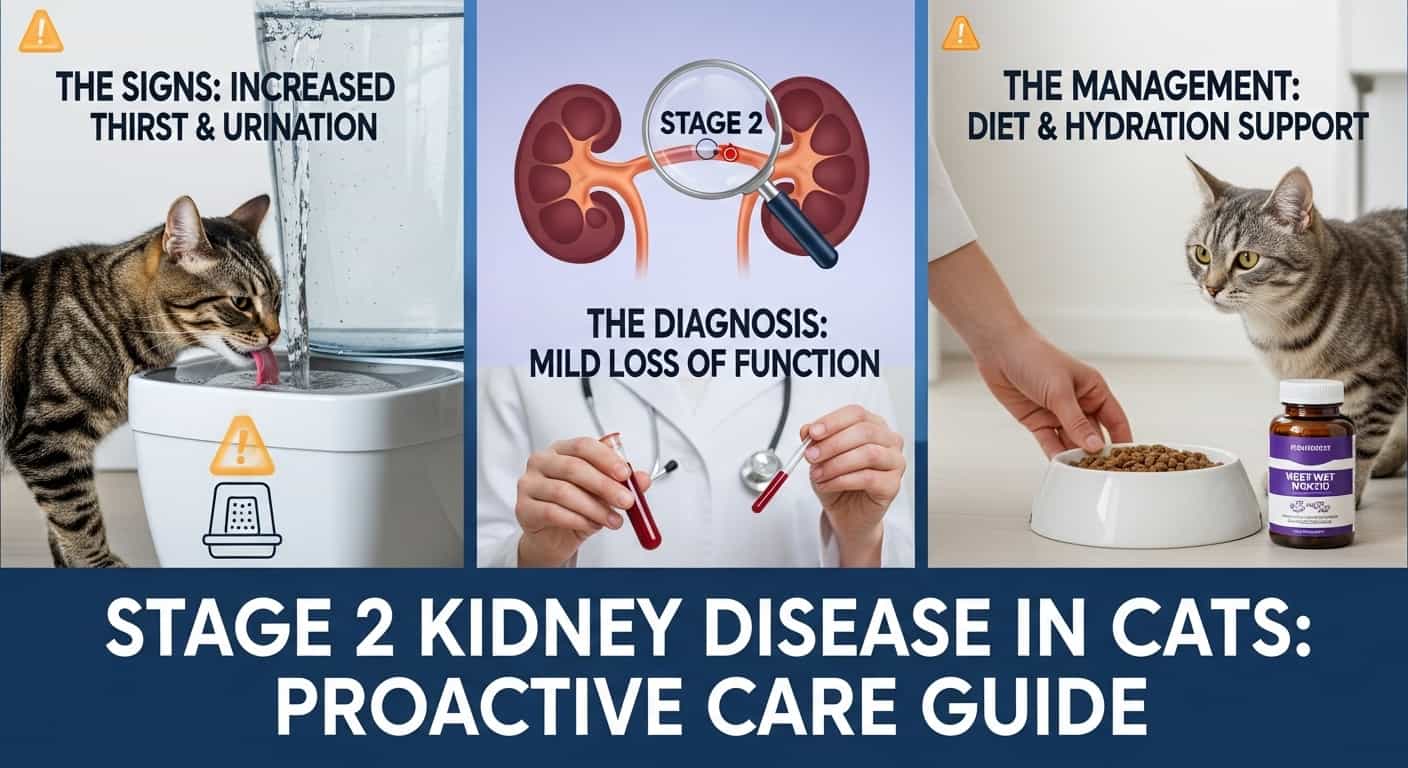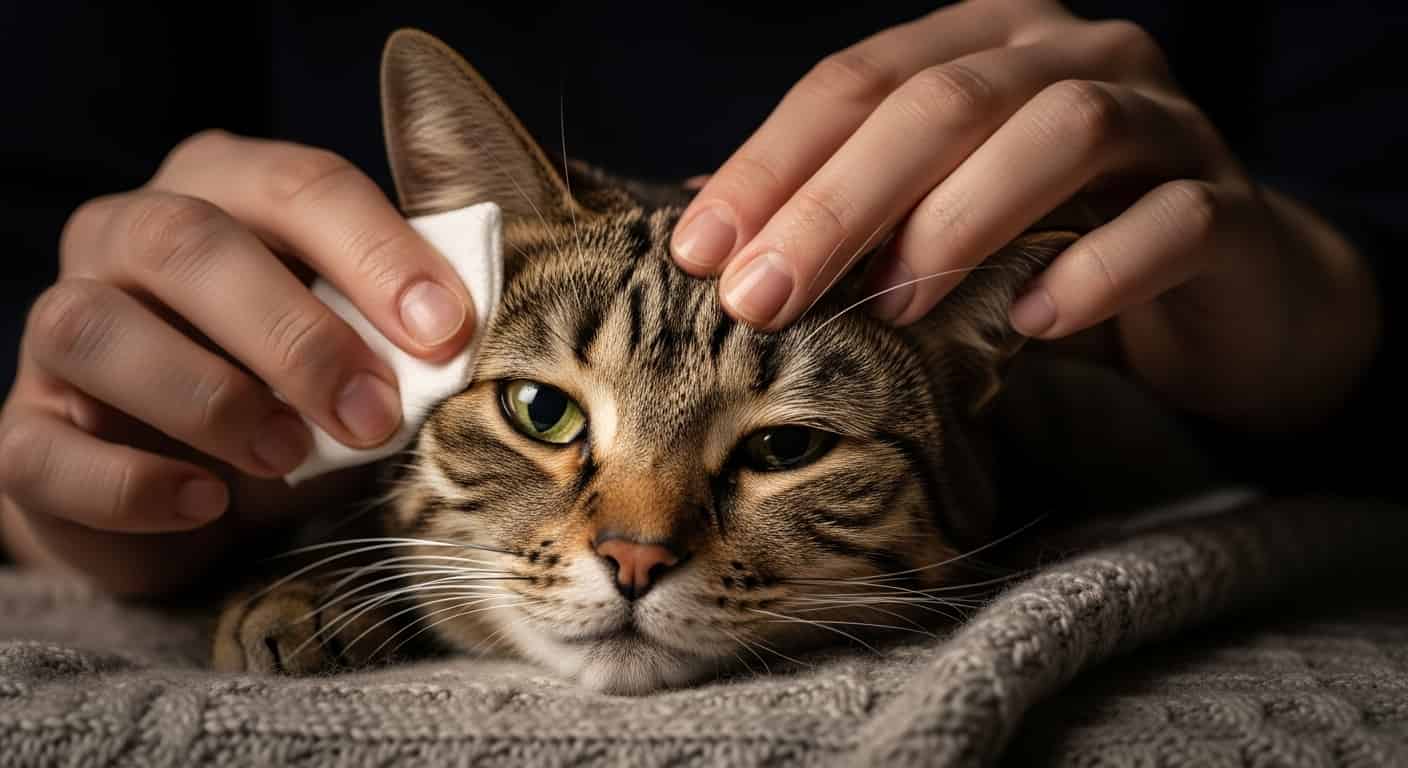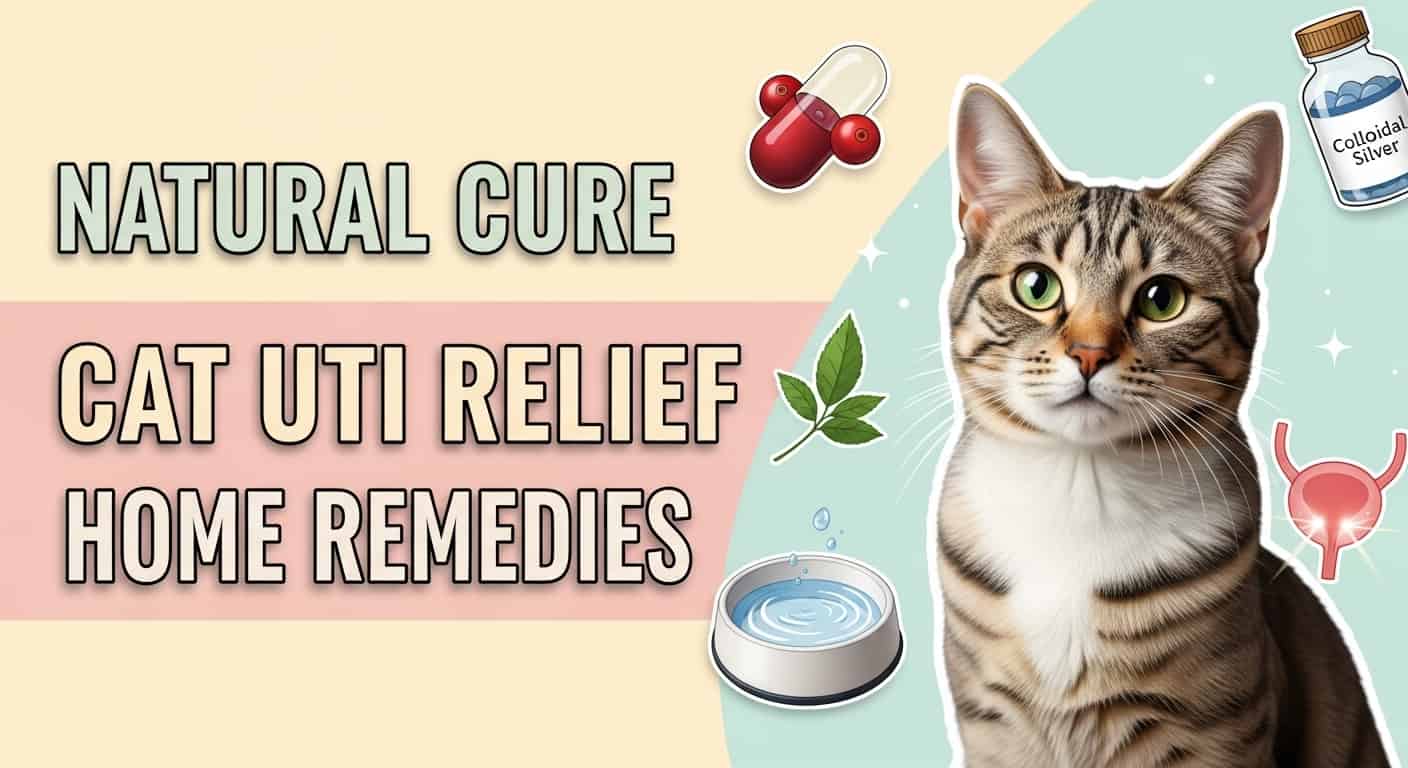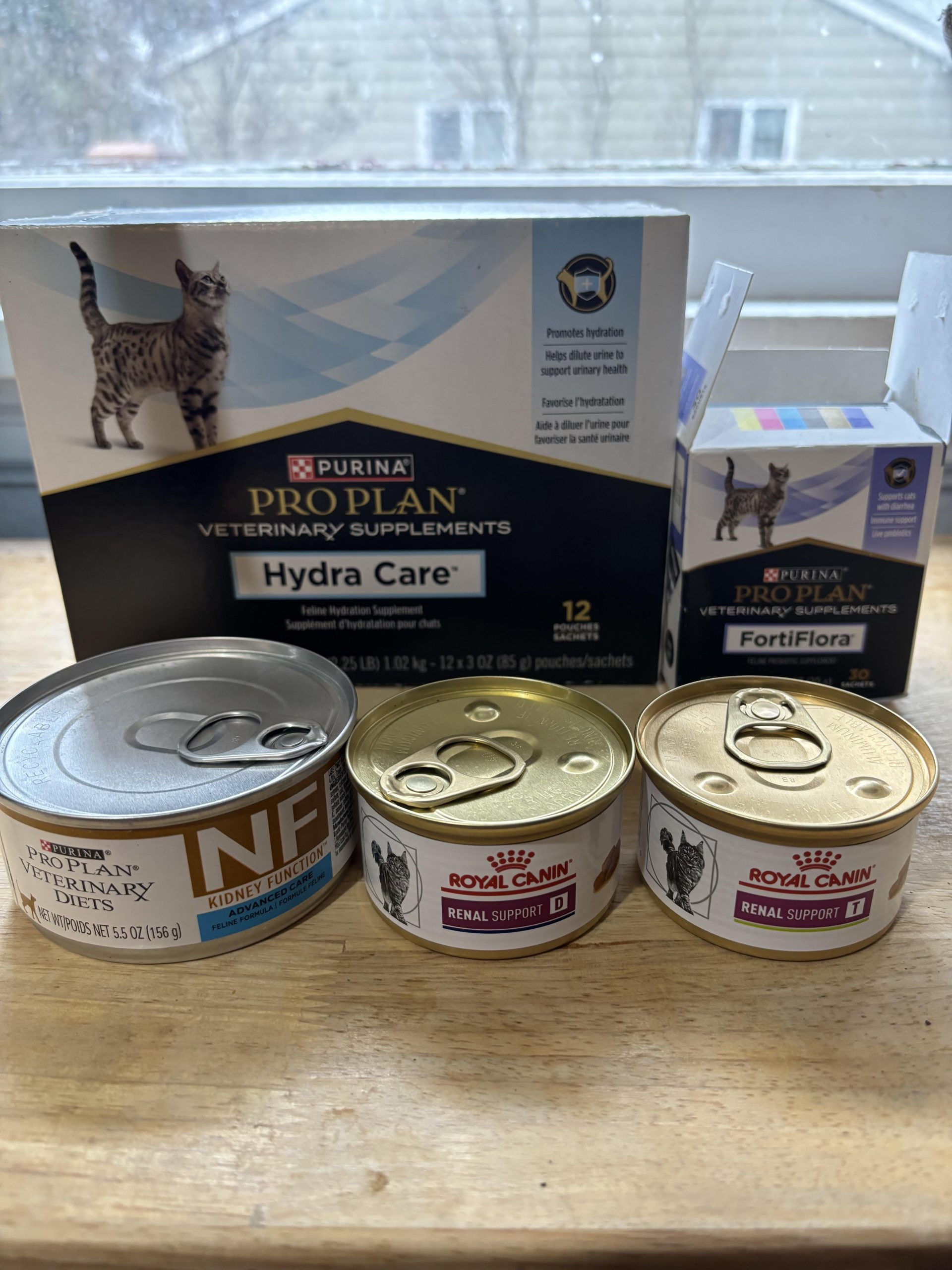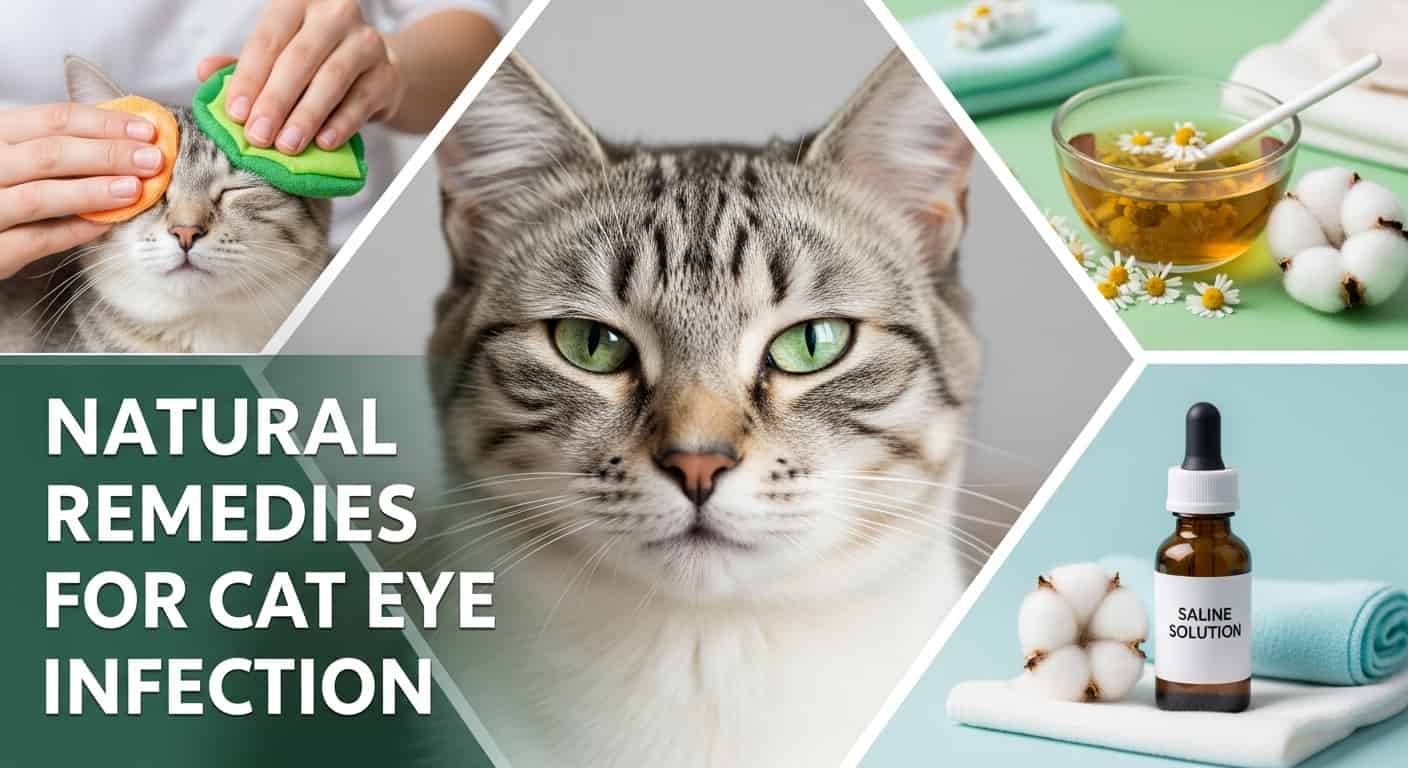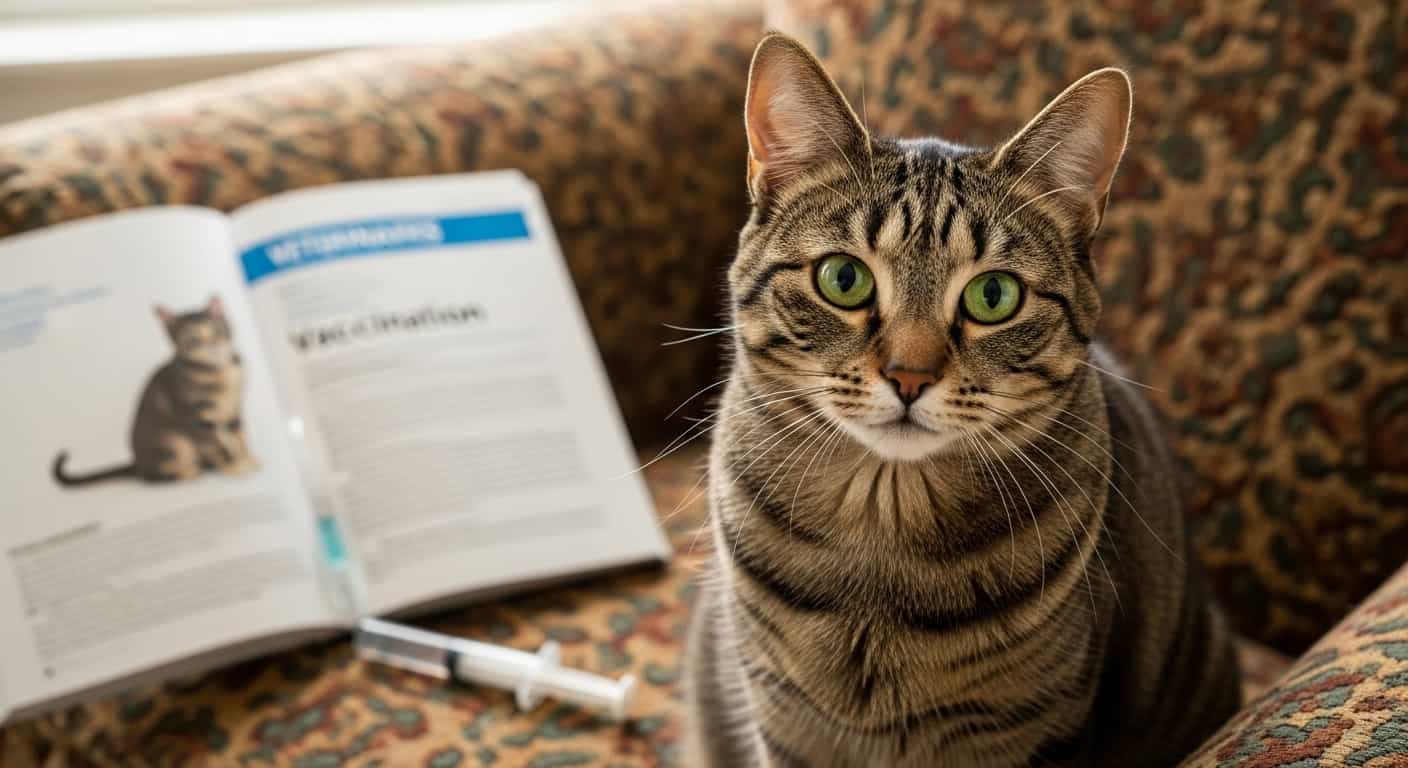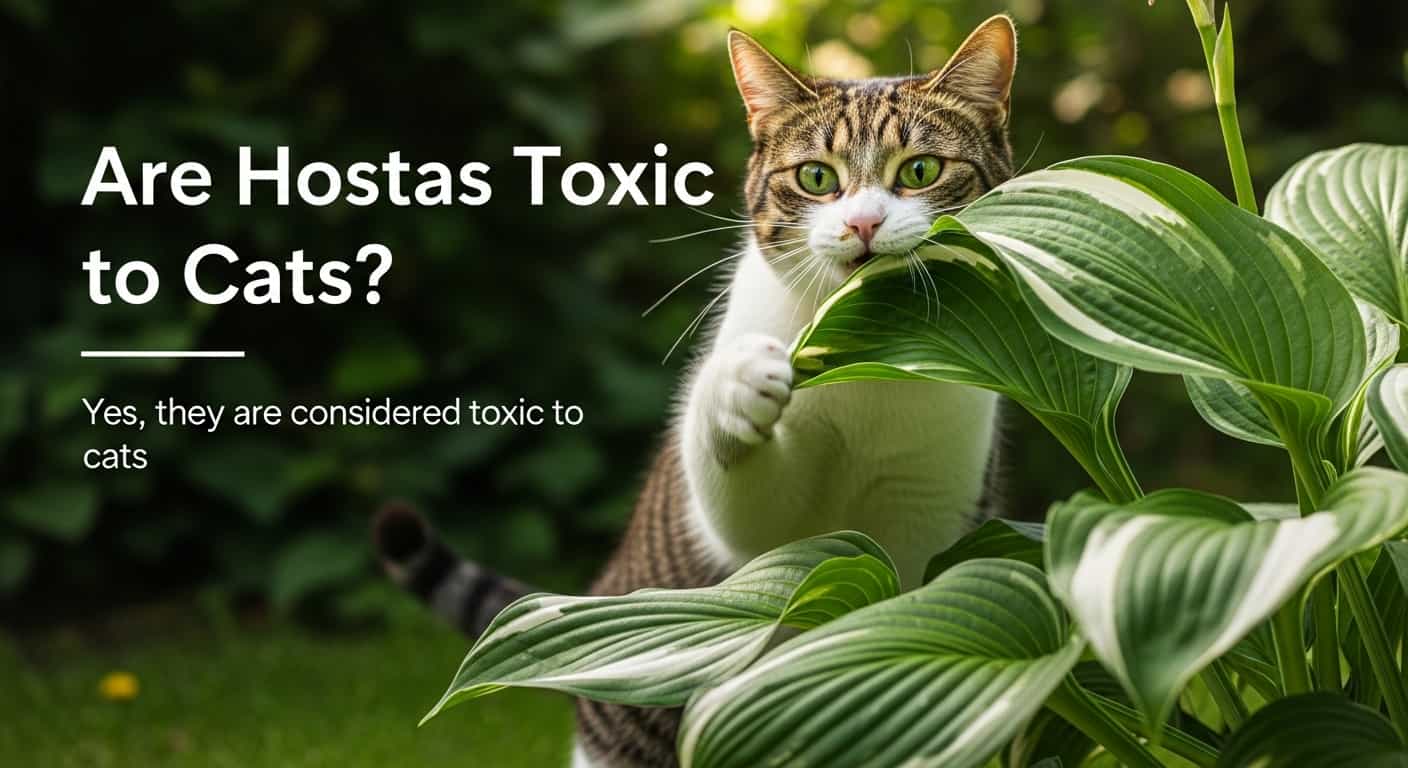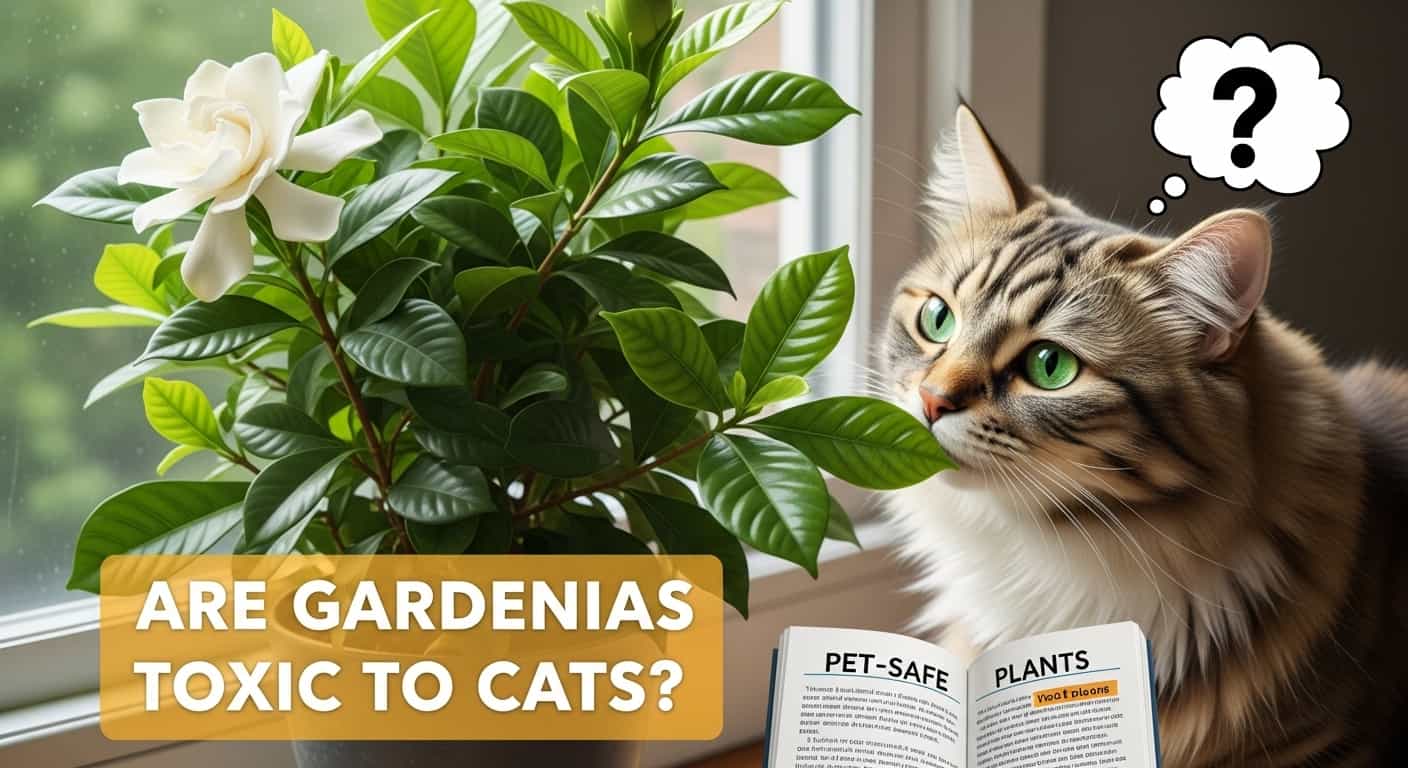If your cat has kidney disease, you know how important it is to choose the right food. What you feed your furry friend can make a big difference in their health and comfort.
Table of Contents
ToggleBut with so many options out there, it can feel overwhelming to find the perfect diet. Don’t worry—this article will guide you through what to look for in cat food that supports kidney health. By the end, you’ll feel confident about making the best choice for your cat’s well-being.
Keep reading to discover simple, effective tips that can help your cat live a happier, healthier life.
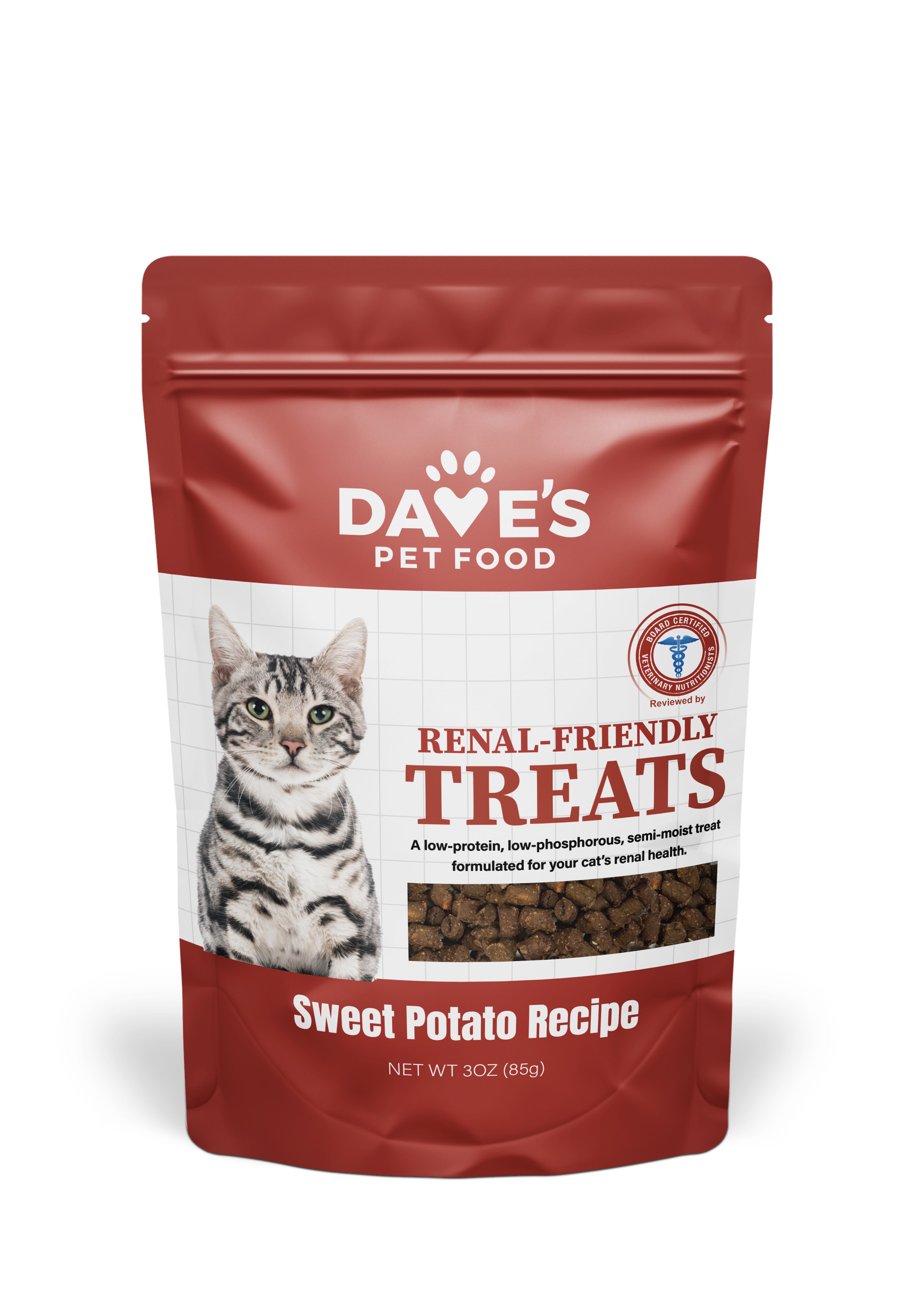
Credit: davespetfood.com
Kidney Disease In Cats
Kidney disease is common in older cats. It affects how well their kidneys work. Kidneys filter waste from the blood and keep fluids balanced. When kidneys fail, toxins build up in the body. This can cause many health problems. Early care can help cats live longer and feel better.
Symptoms And Diagnosis
Signs of kidney disease vary. Cats may drink more water and urinate often. Weight loss and poor appetite are common. Some cats may vomit or seem weak. A vet uses blood tests to check kidney function. Urine tests help find early kidney problems. Early diagnosis improves treatment success.
Impact On Nutritional Needs
Kidney disease changes a cat’s diet needs. Cats need food low in protein and phosphorus. This helps reduce kidney stress. Water intake is important to keep kidneys working. Special kidney diets support overall health. Feeding the right food helps manage symptoms. It also improves quality of life for cats.
Key Nutritional Requirements
Cats with kidney disease need special nutrition to support their health. Proper diet helps reduce stress on the kidneys and slows disease progress. Key nutrients in their food play a crucial role in managing symptoms and improving quality of life.
Protein Management
Protein is vital but must be controlled carefully. Too much protein strains the kidneys. High-quality protein sources help maintain muscle without overloading the organs. Balanced protein intake supports overall health and energy.
Here's a related post that you might find useful. Cat Peeing Blood Outside Litter Box: Urgent Causes & Solutions
Low Phosphorus Levels
Phosphorus can harm damaged kidneys. Foods low in phosphorus reduce kidney workload. Limiting phosphorus helps keep blood chemistry balanced. This lowers the risk of further kidney damage and related complications.
Hydration Importance
Kidney disease often causes dehydration. Cats need enough water to help kidneys flush toxins. Wet or canned food increases moisture intake. Good hydration supports kidney function and overall well-being.
Essential Fatty Acids
Omega-3 fatty acids reduce inflammation in kidneys. These fats promote healthy cells and better blood flow. Including sources like fish oil can improve kidney health. They also support the immune system and skin condition.
Types Of Cat Food For Kidney Disease
Cats with kidney disease need special food to help their kidneys work better. Choosing the right type of food supports their health and comfort. Different types of cat food cater to the specific needs of cats with kidney problems. Understanding these options helps you pick the best diet for your pet.
Prescription Diets
Prescription diets are made by vets and pet food companies. They have controlled amounts of protein, phosphorus, and sodium. These diets reduce kidney stress and slow disease progression. Your vet can recommend the best prescription food for your cat’s condition.
Wet Vs Dry Food
Wet food contains more water, which helps keep cats hydrated. It is easier to eat and digest, especially for sick cats. Dry food has less moisture but is convenient to store and serve. Many vets suggest wet food for cats with kidney disease to support kidney function.
Homemade Diet Options
Homemade diets allow control over ingredients and nutrients. They can be tailored to suit your cat’s kidney needs. Consult a vet or pet nutritionist to create a balanced homemade meal. Avoid high phosphorus and protein foods that can harm kidneys.
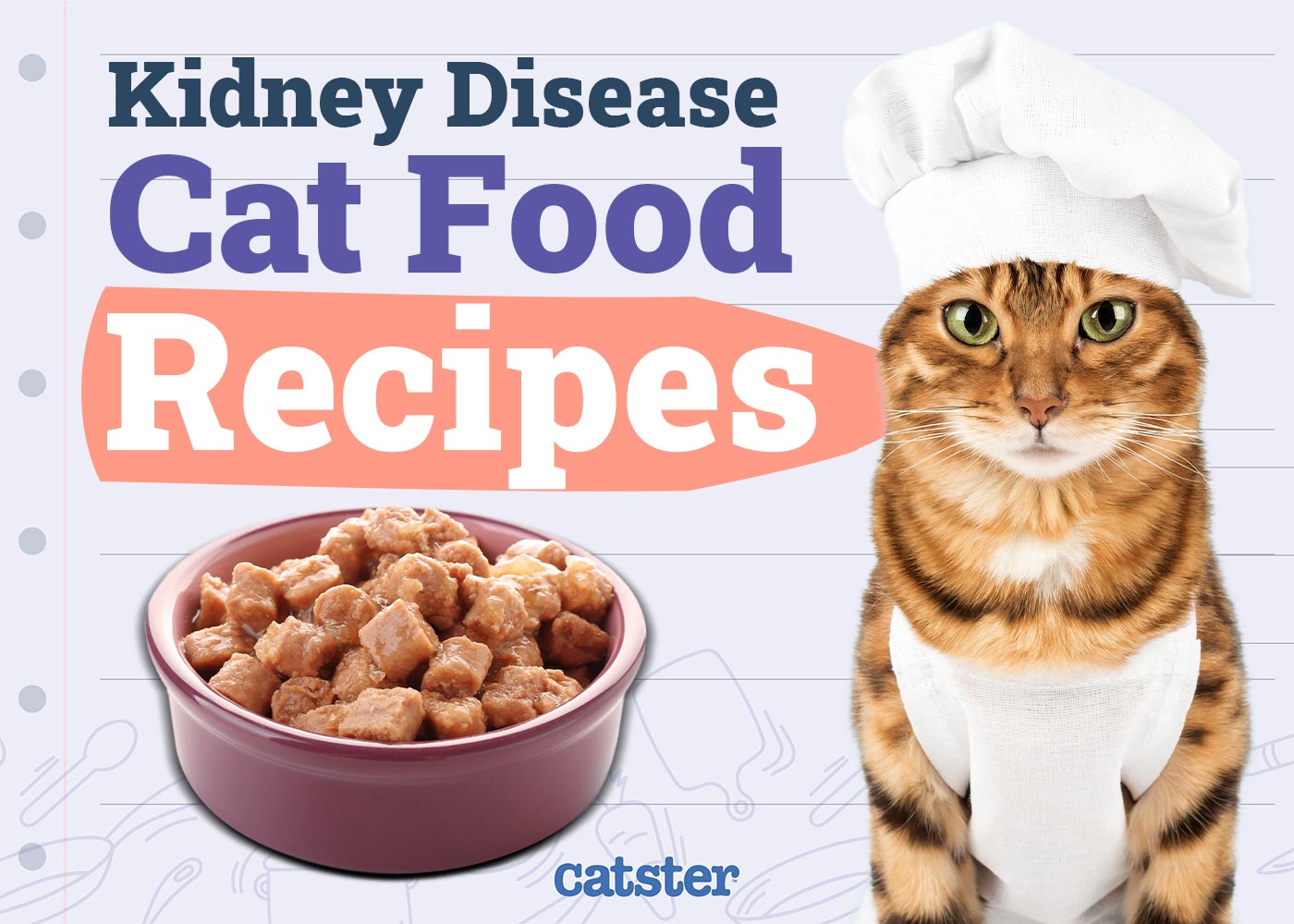
Credit: www.catster.com
Top Nutritious Cat Food Picks
Choosing the right food for cats with kidney disease is very important. Proper nutrition supports kidney health and overall well-being. This section highlights top nutritious cat food options. These choices meet dietary needs and help manage kidney issues effectively.
Each type of food serves a specific purpose. Prescription diets offer medical support. Wet foods provide hydration and palatability. Dry foods add convenience and dental benefits. Let’s explore these categories for the best care.
Here's a related post that you might find useful. Cat Keeps Waking Me Up at Night: Proven Tips to Stop It Fast
Best Prescription Brands
Prescription cat foods are made specifically for kidney health. They have lower protein and phosphorus levels. Brands like Hill’s Prescription Diet k/d and Royal Canin Renal Support are popular. These foods help reduce kidney strain. Always use them under a vet’s guidance.
Highly Recommended Wet Foods
Wet foods help keep cats hydrated. They are easier to chew for sick cats. Products like Blue Buffalo Natural Veterinary Diet and Weruva Cats in the Kitchen are great choices. These wet foods contain balanced nutrients. They support kidney function and taste good.
Quality Dry Food Choices
Dry foods offer convenience and dental benefits. Look for low phosphorus and moderate protein formulas. Brands such as Hill’s Science Diet Adult Kidney Care and Purina Pro Plan Veterinary Diets are reliable. Dry food helps maintain oral health and provides energy.
Feeding Tips For Cats With Kidney Issues
Feeding cats with kidney issues requires special care and attention. Their diet can help ease symptoms and improve quality of life. Adjusting meal times and portions is important. Encouraging a cat to eat can be challenging but necessary. Watching your cat’s reaction to food helps in making the right changes.
Here are some tips to manage feeding for cats with kidney disease.
Meal Frequency And Portions
Feed small meals more often during the day. This helps reduce stress on the kidneys. Large meals can be hard to digest. Frequent feeding keeps energy levels steady. Measure portions carefully to avoid overfeeding. Follow your vet’s guidelines on portion size.
Encouraging Appetite
Warm the food slightly to bring out its smell. Cats with kidney problems often lose appetite. Try offering tasty, soft foods that are easy to eat. Change flavors occasionally to keep interest. Hand feeding can sometimes help encourage eating. Avoid sudden changes in diet to prevent refusal.
Monitoring And Adjusting Diet
Keep track of your cat’s eating habits daily. Note any changes in appetite or behavior. Regular vet visits help assess kidney function. Your vet may recommend diet adjustments over time. Watch for signs of dehydration or weight loss. Adjust the diet based on your cat’s needs and vet advice.

Credit: medicusveterinarydiets.com
Supplements And Additional Care
Caring for a cat with kidney disease takes more than just special food. Supplements and extra care help support your cat’s health. These steps can improve comfort and slow down kidney damage. Understanding what helps and how to care is important.
Beneficial Supplements
Some supplements help cats with kidney problems feel better. Omega-3 fatty acids reduce inflammation and support kidneys. Vitamin B complex can boost energy and appetite. Phosphate binders help control phosphate levels in the blood. Always check with your vet before adding supplements. Too much of some can harm your cat.
Regular Vet Checkups
Regular visits to the vet catch problems early. Your vet checks kidney function and overall health. Blood and urine tests track the disease’s progress. Adjusting diet or medicine might be needed based on results. Frequent checkups keep your cat comfortable and safe.
Hydration Strategies
Keeping your cat hydrated is key to kidney health. Fresh water should always be available. Some cats prefer running water, like a cat fountain. Wet food adds moisture to their diet. Encourage drinking by placing water bowls in quiet spots. Hydration helps kidneys flush out toxins effectively.
Frequently Asked Questions
What Is The Best Cat Food For Kidney Disease?
The best cat food for kidney disease is low in protein and phosphorus. It supports kidney function and reduces waste buildup. Prescription diets from veterinarians are ideal, as they provide balanced nutrients tailored for kidney health and help manage symptoms effectively.
Can Homemade Food Help Cats With Kidney Disease?
Yes, homemade food can help cats with kidney disease if it is nutritionally balanced. It should be low in protein and phosphorus, and rich in omega-3 fatty acids. Consult a vet or pet nutritionist to create a safe, kidney-friendly homemade diet for your cat.
How Does Kidney Disease Affect A Cat’s Diet?
Kidney disease reduces a cat’s ability to filter waste, requiring diet changes. Cats need food low in protein, phosphorus, and sodium to lessen kidney strain. Proper diet helps slow disease progression and improves quality of life by reducing toxins and supporting kidney function.
Are There Specific Nutrients To Avoid In Kidney Disease Cat Food?
Yes, avoid high levels of protein, phosphorus, and sodium in kidney disease cat food. Excess protein creates waste that stresses kidneys. Phosphorus can worsen kidney damage. Low sodium helps manage blood pressure. A balanced diet with these restrictions supports kidney health.
Conclusion
Choosing the right food helps cats with kidney disease live better. Foods low in protein and phosphorus support kidney health. Always check ingredients and nutrient levels carefully. Talk to your vet before changing your cat’s diet. Feeding the right food can slow disease progress.
Small changes make a big difference in your cat’s life. Keep your pet comfortable and happy with good nutrition. Caring for a cat with kidney issues takes patience and love. You can help your cat feel better every day.

